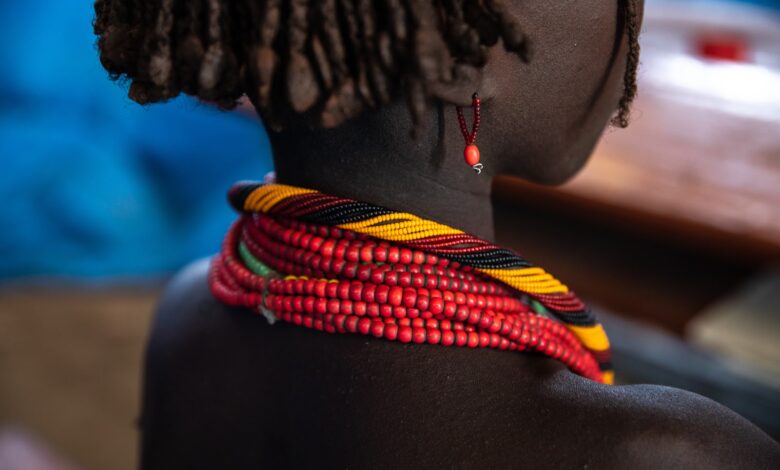Families Affected By Drought In The Horn Of Africa Are Marrying Off Daughters To Survive – UNICEF
According to UNICEF, this trend is adopted to have one less mouth to feed or an attempt to get the bride into a better-off household.

Families in Kenya, Somalia, and Ethiopia are facing desperate choices to survive as drought, driven by climate change, is pushing parents and guardians to marry off girls to secure dowries to help support the rest of the family, according to a recent UNICEF report.
The United Nations Children’s Fund warns that in some parts of Ethiopia, which is worst affected by the drought, child marriages have, on average, more than doubled in one year. This survival trend was adopted to allow families to have one less mouth to feed or an attempt to help the bride enter a better-off household.
Andy Brooks, the organisation’s Regional Child Protection Advisor for Eastern and Southern Africa, was quoted to have said that impoverished families are marrying off girls as young as 12 to men five times older.
He also noted that data on child marriage and Female Genital Mutilation (FGM) is limited due to a lack of reporting and services in the region. “The figures we have do not capture the magnitude of the problem, large swathes of the Horn of Africa have no specialist facilities where cases can be reported.”
The report also found that the number of children at risk of dropping out of school across Ethiopia, Kenya and Somalia due to the impact of the crisis has tripled within three months, reportedly from 1.1. million to an estimated 3.3 million children.
Food scarcity and drought in the Horn of Africa
The report states that across the Horn of Africa, four rainy seasons have failed in two years, with forecasts suggesting a fifth rainy season from October to December is also likely to fail.
The situation has also been aggravated by Russia’s war in Ukraine. Somalia alone was said to have once imported 92 per cent of its wheat from the two countries. However, logistic supply lines are now blocked, which has led to a rapid increase in food prices, and the inability of families to afford basic staples.
In May, it was reported that over 18 million people were affected by the drought in the Horn of Africa, with 16.7 million out of this facing extreme hunger due to the climate crisis.
Support Our Journalism
There are millions of ordinary people affected by conflict in Africa whose stories are missing in the mainstream media. HumAngle is determined to tell those challenging and under-reported stories, hoping that the people impacted by these conflicts will find the safety and security they deserve.
To ensure that we continue to provide public service coverage, we have a small favour to ask you. We want you to be part of our journalistic endeavour by contributing a token to us.
Your donation will further promote a robust, free, and independent media.
Donate HereStay Closer To The Stories That Matter




